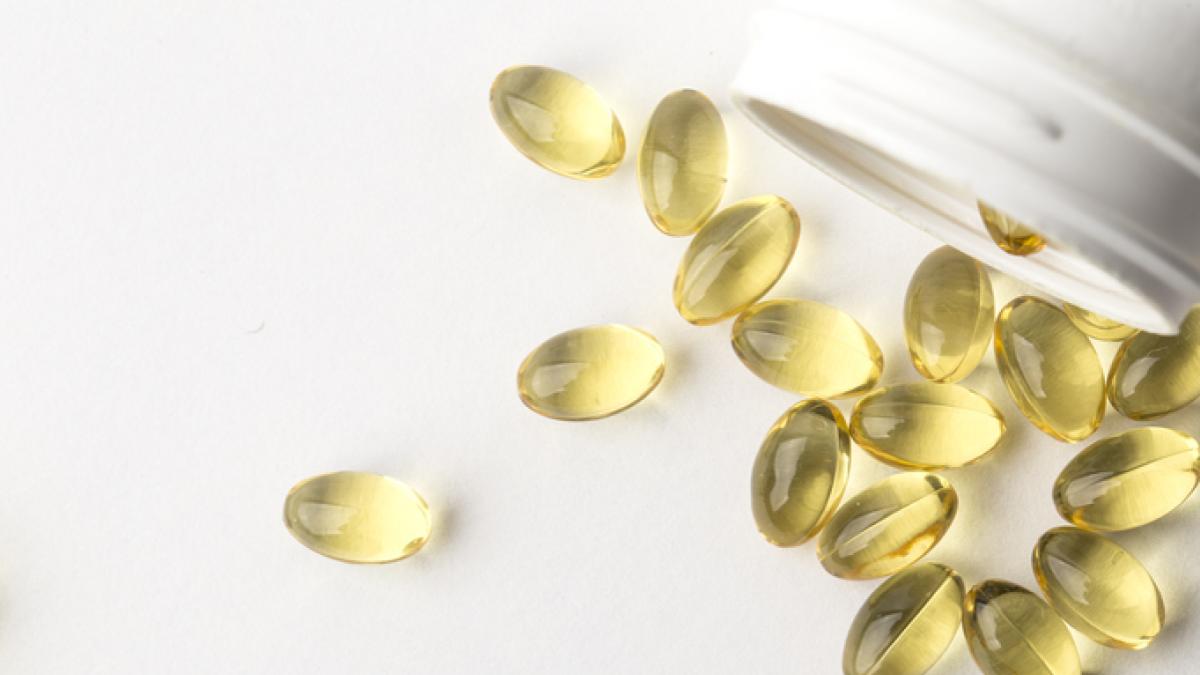NOVEMBER 18, 2021
USTR/USDA public meeting provides insights, latest developments on trade issues with China

The United States Trade Representative (USTR) and the United States Department of Agriculture (USDA) recently held an informational meeting on the General Administration of Customs of the People’s Republic of China’s (GACC) decrees 248 and 249 affecting U.S. food and beverage exports. CRN attended the meeting, which outlined GACC’s guidance thus far, the U.S. interpretation of the decrees, next steps for U.S. exporters, and concluded with a question-and-answer session for stakeholders.
Background: Introduced in 2019 and set to go into effect on Jan. 1, 2022, the decrees would impose new requirements for all overseas food manufacturers, processors, and storage facilities to register their facilities and meet new labeling requirements with GACC.
GACC’s engagement with USTR and USDA regarding decrees 248 and 249 has been poor, reported Andrew Devine, director of agricultural affairs for USTR. He reported that the decrees have been discussed in the phase one agreement meetings with Chinese trade officials, but few answers have surfaced beyond those reported by the USDA’s Global Agricultural Information Network (GAIN).
The U.S. has elected to inform China of its interpretation of decrees 248 and 249 and await confirmation from GACC, Devine indicated. Based on interpretations of article 11 of Decree 248, officials expect U.S. exporters to self-register on the GACC online portal unless the food product has a preexisting facility and labeling registration procedure in China.
More time is needed: U.S. officials and international trade partners have pushed for an 18-month delay to implementing decrees 248 and 249 to give sufficient time for clarification. GACC has not postponed the implementation date.
Stay in the loop: Keep up with the latest on this issue with China—and other international trade developments—by getting involved with CRN’s International Trade & Market Development Committee (ITDMC).
Questions? Contact CRN’s Jim Griffiths, Ph.D.
New EU regulation threatens vitamin D3 imports

The European Commission recently proposed a new regulation that would prohibit the importation of vitamin D3 or any product containing this form of vitamin D into the EU. EU stakeholders have attempted to address the EU's problematic interpretation of vitamin D3's status as a product of animal origin and the implications of this interpretation without success.
Why it matters: In addition to potential serious negative public health impacts on the EU population, this regulation would also impact global trade of products into the EU. The regulation would have major financial implications for importers and could potentially cause delays to entry.
What's next: CRN plans to submit comments to the European Commission by the Nov. 23 feedback deadline, urging the removal of the technical block on import of vitamin D3. The association will also reach out to U.S. government trade contacts at the request of member companies.
Go deeper: Learn more here. Get the latest on international trade developments by getting involved with CRN’s International Trade & Market Development Committee (ITDMC).
Questions? Contact CRN’s Jim Griffiths, Ph.D.

